
Popular Blood Pressure Drug Linked To Increased Risk of Skin And Lip Cancer
Prescription medications often come with long lists of possible side effects. But it’s far more unusual when researchers uncover a brand-new risk in a drug that millions of people have been taking for decades. That’s exactly what has happened with hydrochlorothiazide—one of the most widely prescribed blood pressure medications in Australia and around the world.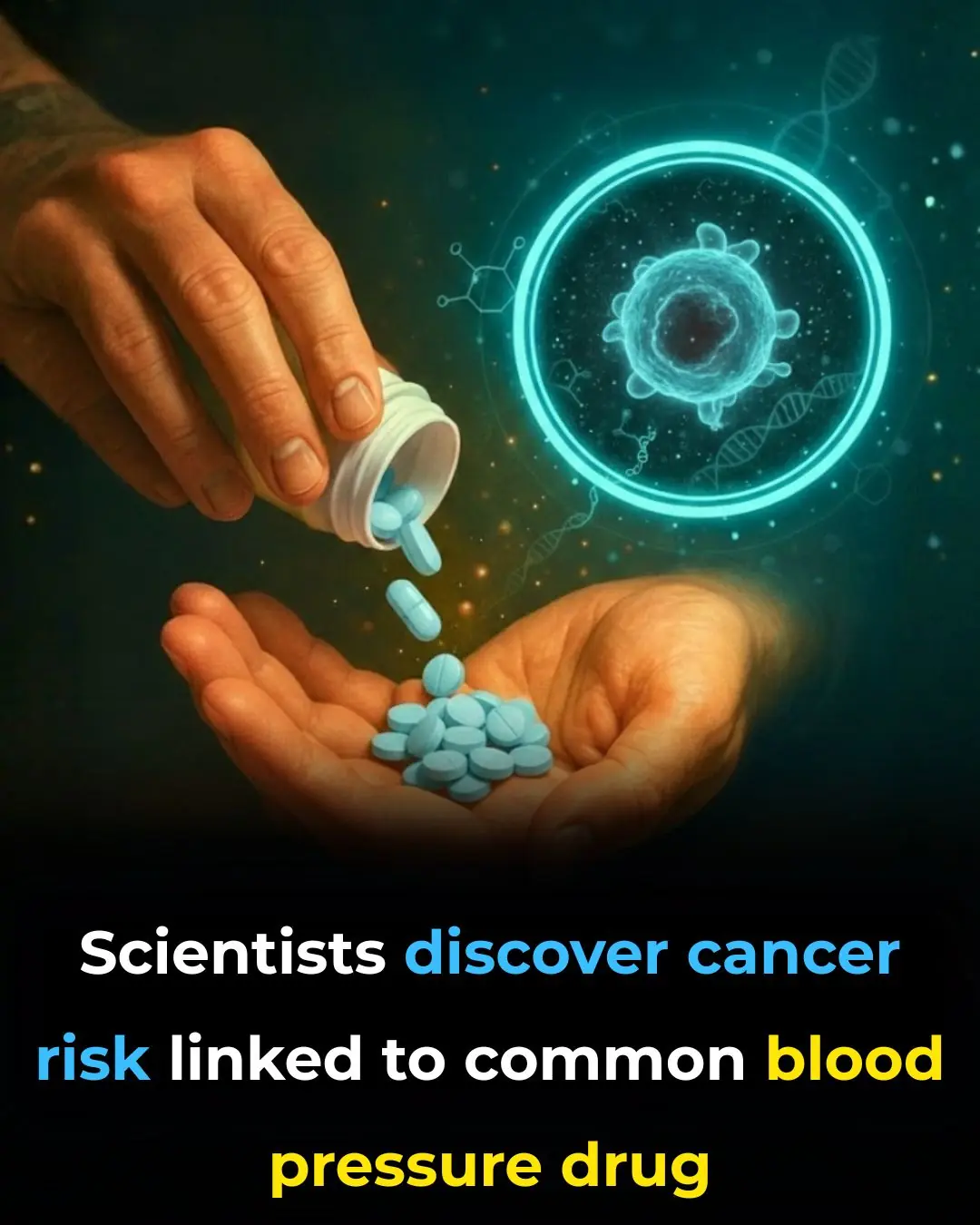
A new study from UNSW Sydney has found that hydrochlorothiazide significantly increases the risk of both skin cancer and lip cancer, particularly among adults aged 65 and older.
A Closer Look: Hypertension and Medication Risk
High blood pressure (130/80 mm Hg or above) is a major risk factor for heart attacks and strokes. In the United States alone, hypertension contributes to nearly half a million deaths annually. Because of this, medications like hydrochlorothiazide have long been considered essential for managing the condition.
But the latest findings suggest that this common drug may also carry a previously underrecognized cancer risk.
Why Hydrochlorothiazide Raises Cancer Risk
The new research points to a surprisingly simple explanation:
Hydrochlorothiazide is photosensitizing, meaning it makes the skin more sensitive to sunlight. This significantly increases the risk of sun-induced DNA damage—especially in countries with high UV exposure, such as Australia.
International studies from the UK, Denmark, and the U.S. had already suggested a link between hydrochlorothiazide and skin cancer. The UNSW findings now strengthen that evidence.
Inside the Study: Big Data and Alarming Results
The research team, led by pharmacoepidemiologist Dr. Benjamin Daniels, analyzed large-scale data from the Department of Veterans Affairs (DVA). The dataset included de-identified records on cancer diagnoses, hospitalizations, and medication dispensing among adults aged 65+ living in New South Wales between 2004 and 2015.
The study compared hydrochlorothiazide use among:
-
45 patients with lip cancer
-
659 patients with malignant melanoma
-
13,300 control patients with neither cancer
Key Findings
-
Hydrochlorothiazide was associated with increased risk of malignant melanoma and squamous cell lip cancer.
-
Lip cancer risk rose with cumulative use—the longer a patient had been taking the medication, the higher their risk.
“Our findings show an increased risk for developing malignant melanoma and squamous cell cancer of the lip,” Dr. Daniels explained. “For lip cancer, the risk appears to be cumulative.”
Don’t Stop Your Medication, Experts Warn
Despite the concerning results, Dr. Daniels emphasized the importance of not abruptly discontinuing hydrochlorothiazide.
“Hypertension must be carefully managed,” he said. “We don’t want anyone to suddenly stop taking hydrochlorothiazide out of fear. Instead, the skin cancer risk is something for prescribers and patients to be aware of.”
Doctors may consider:
-
More frequent skin checks
-
Stronger sun-safety guidance
-
Reviewing alternative medications for high-risk individuals
The drug’s manufacturers have already updated the medication’s product information to reflect the newly confirmed risks.
A Call for Greater Awareness
Australia’s Therapeutic Goods Administration (TGA) has urged healthcare providers worldwide to acknowledge and incorporate these findings into their prescribing decisions.
“This update will help prescribers and patients make informed choices about the benefits and risks of hydrochlorothiazide-containing medicines,” a TGA spokesperson said.
Dr. Daniels hopes the research will ultimately improve patient care:
“By informing physicians about the potential skin cancer risks associated with this common treatment, we aim to support safer and more informed hypertension management.”
What’s Next?
As with many medications that come with serious side effects, researchers are already exploring safer alternatives. Until then, healthcare providers must assess whether hydrochlorothiazide is appropriate on a case-by-case basis.
Even when the medication remains necessary, doctors can reduce risk by:
-
Educating patients about sun protection
-
Encouraging regular dermatological screenings
-
Monitoring cumulative exposure to hydrochlorothiazide
Ultimately, informed decision-making—and open communication between patients and providers—remains the best defense against preventable cancer risks
News in the same category


A 3-Year-Old Girl Bit a Thermometer and Swallowed Mercury: A Mother’s Smart Reaction Saved Her Daughter’s Life and Earned the Doctor’s Praise
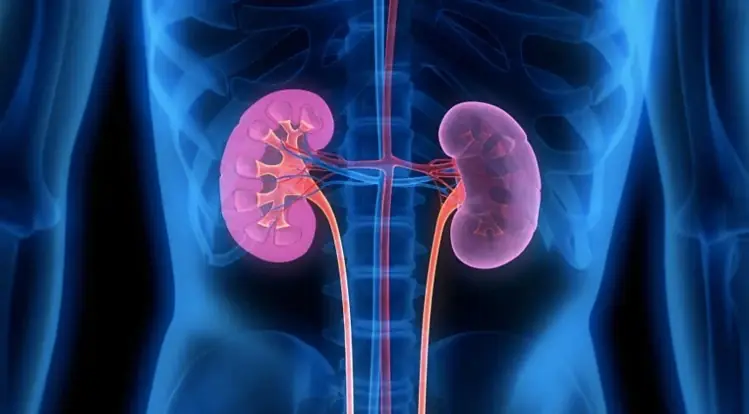
5 Signs of Kidney Failure That, If Ignored, Could Lead to a Lifetime of Dialysis
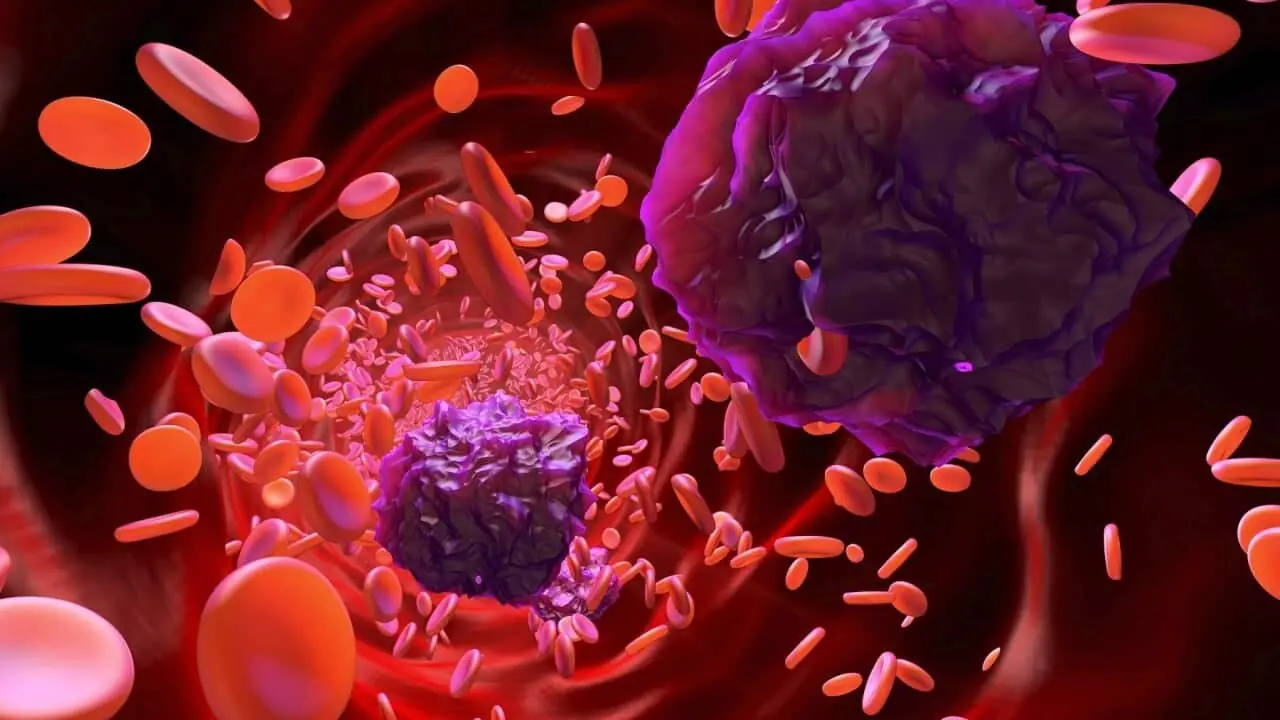
Is Cancer Hereditary? Useful Advice to Prevent the Growth of Cancer Cells

4 types of people who should avoid eating cucumbers

10 Warning Signs It’s Time to Cut Back on Caffeine

Legs Feeling Weak? These 3 Drinks Can Bring Back Your Strength

Mix These 3 Before Bed — They Help Heal Your Arteries While You Sleep

Stop Sleeping Like This — It’s Ruining Your Spine!

Eat Celery Regularly for a Healthier Digestive System and Lower Blood Sugar Levels
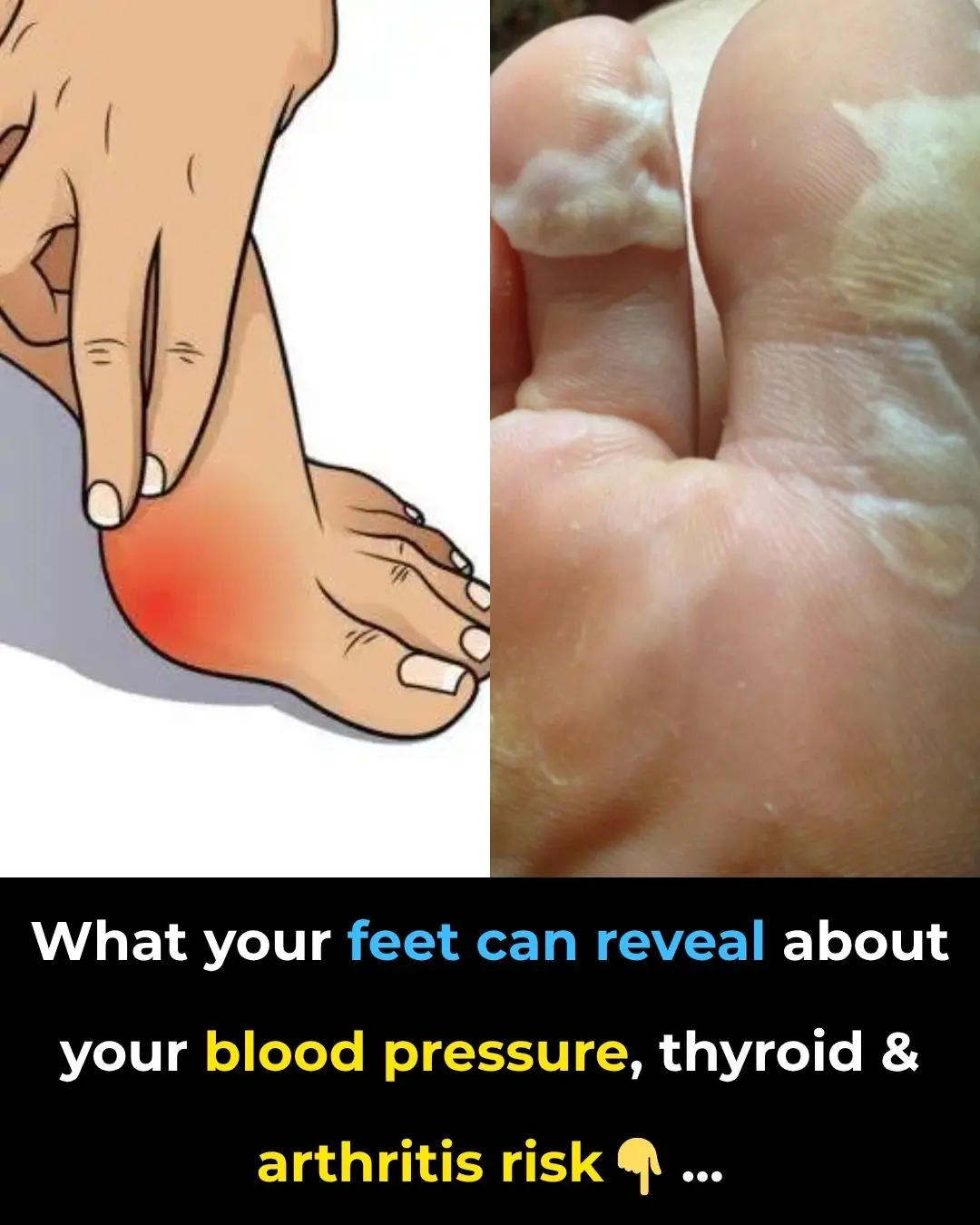
What Your Feet Can Reveal About Your Blood Pressure, Thyroid And Arthritis Risk

Stop Throwing Away Avocado Seeds: They’re Potent Cancer Fighters!

Why You Should Drink THIS Warm Turmeric Water In The Morning

Does The Inside Of Your Ear Itch
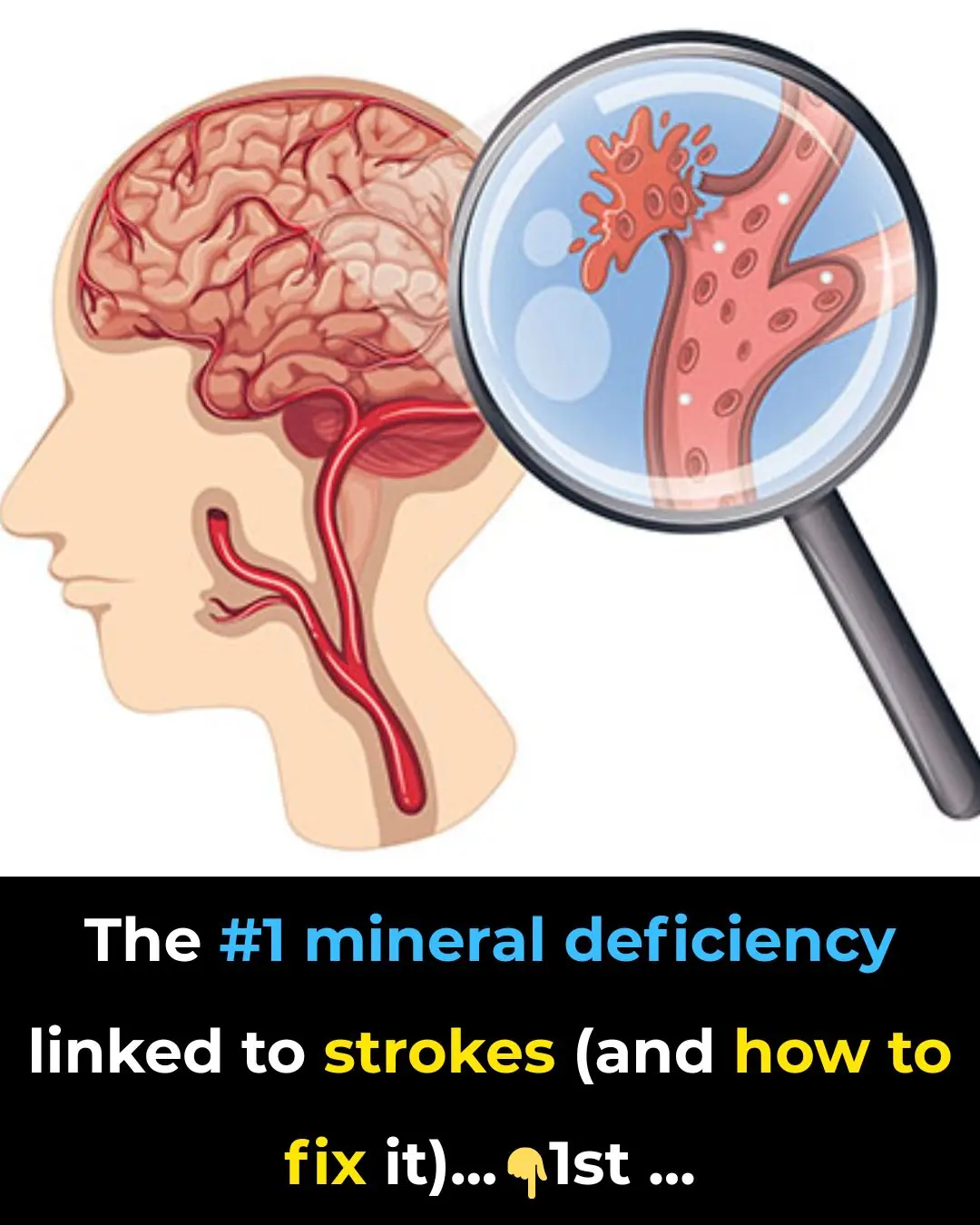
The #1 mineral deficiency linked to strokes (and how to fix it)

Top 8 vitamins that boost testosterone

Is Broccoli Better Than Cauliflower? The Real Truth About Cancer Risk, Heart Health and More

Eat 3 dates daily and these 6 things will happen to your body!

What Your Belly Is Trying to Tell You
News Post

Apple makes history with $4,000,000,000,000 market value thanks to one product

Tech expert who famously predicted the iPhone makes concerning forecasts for coming years

Nintendo fans are only just discovering touching Robin Williams tribute hidden in one of its biggest games

It could have huge consequences 🤯

Vitamin E Benefits For Hair

Add these tablets in your oil, no hair fall and fast hair growth

The Natural Anti-Aging Duo: How Rice and Almond Oil Can Help Smooth Wrinkles and Rejuvenate Your Skin

When making spring roll filling, remember 1 step carefully

Washing and conditioning hair with beer helps reduce hair loss and stimulates continuous hair growth

Soak your whole body with warm ginger water before going to bed.

Discover the Meaning of a Black Cat Approaching You

Add ice cubes to the bone broth

11 Benefits of Dandelion Roots
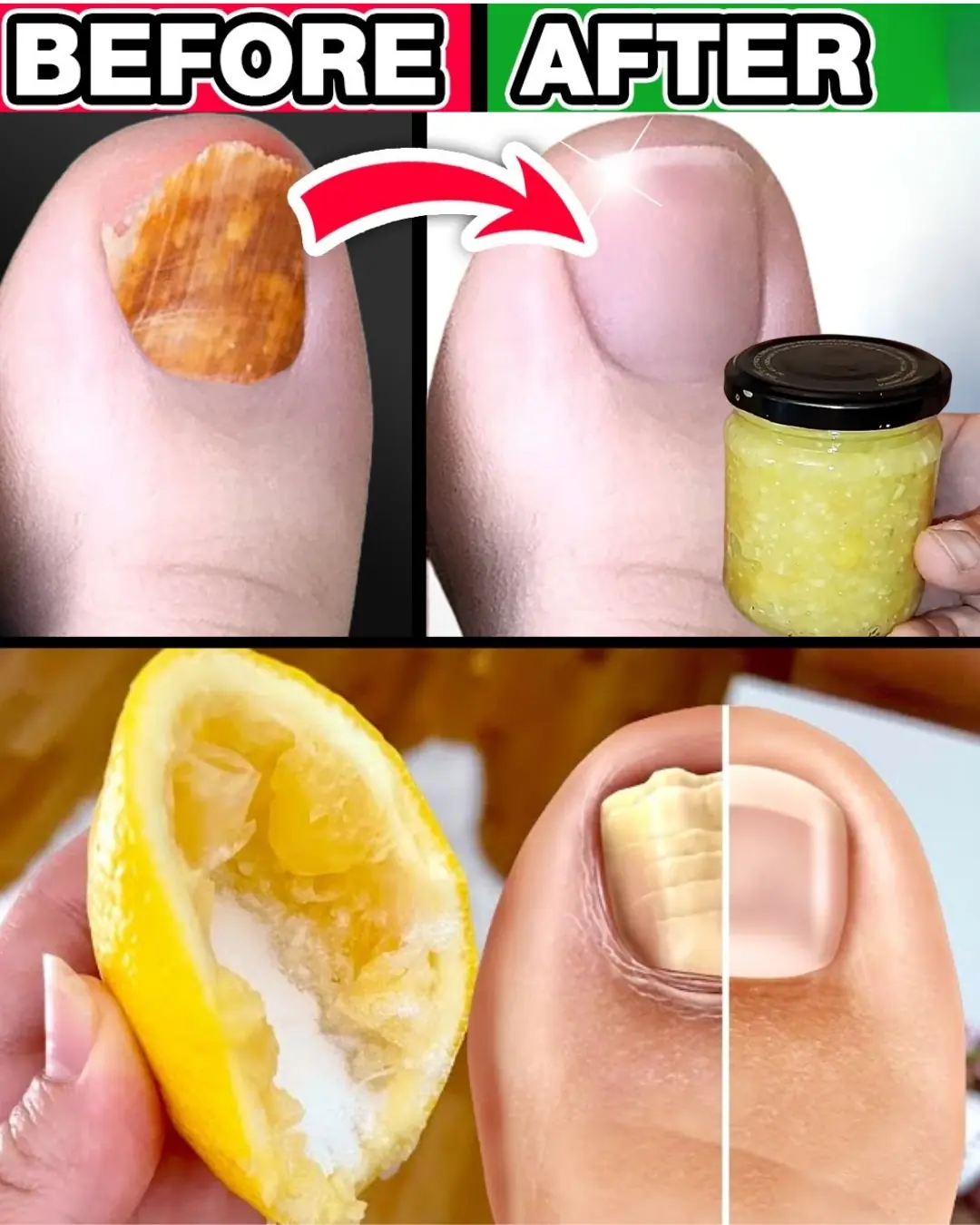
#1 Absolute Best Toenail Fungus Cure You Can Make at Home with Just 3 Ingredients

Banana Peel & Cornstarch: A Natural Skin Hack That Could Help You Look Younger
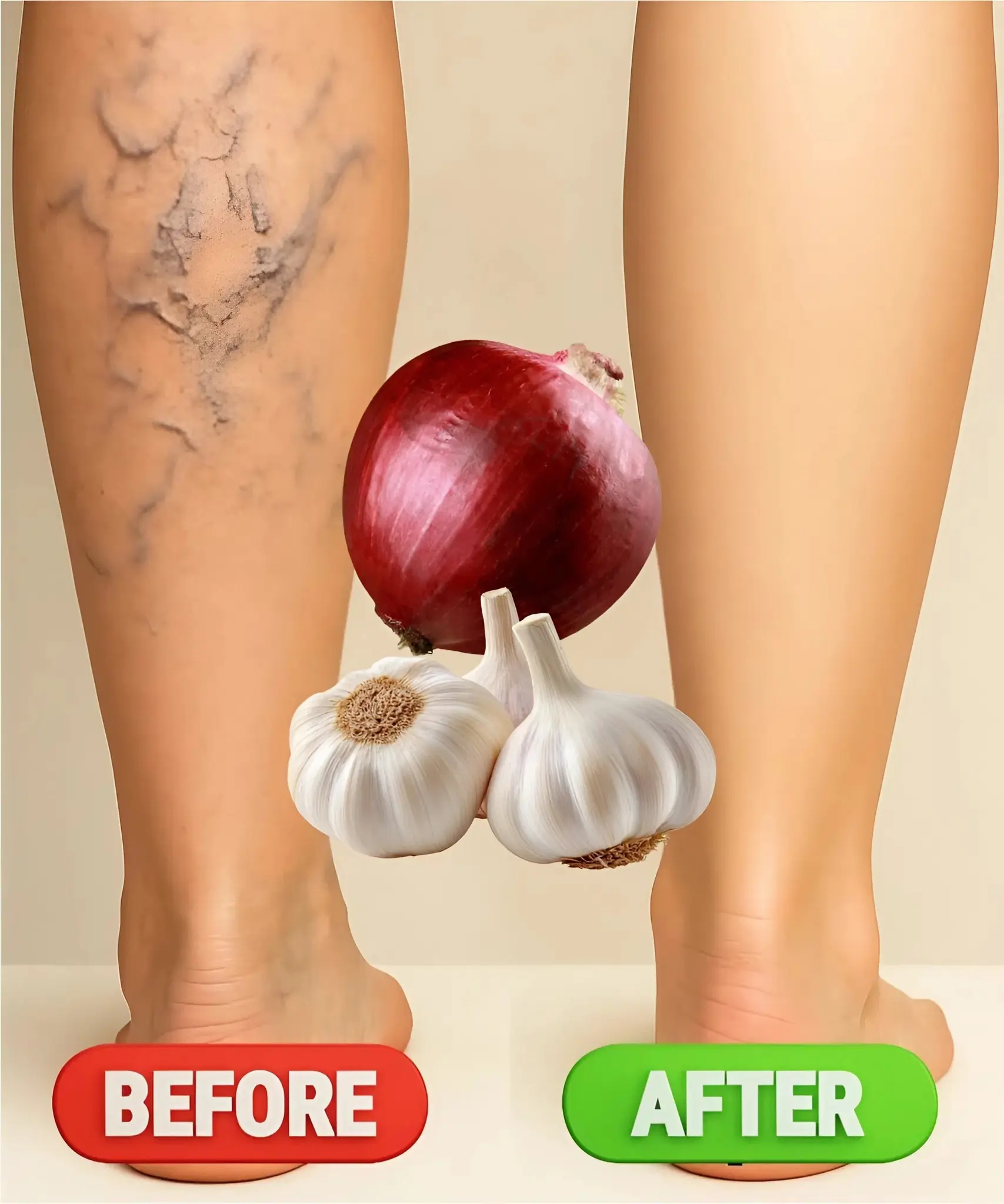
Homemade Remedies for Varicose Veins with Onion, Garlic, and Apple Cider Vinegar

Crema Casera con Vaselina que Rejuvenece la Piel al Instante
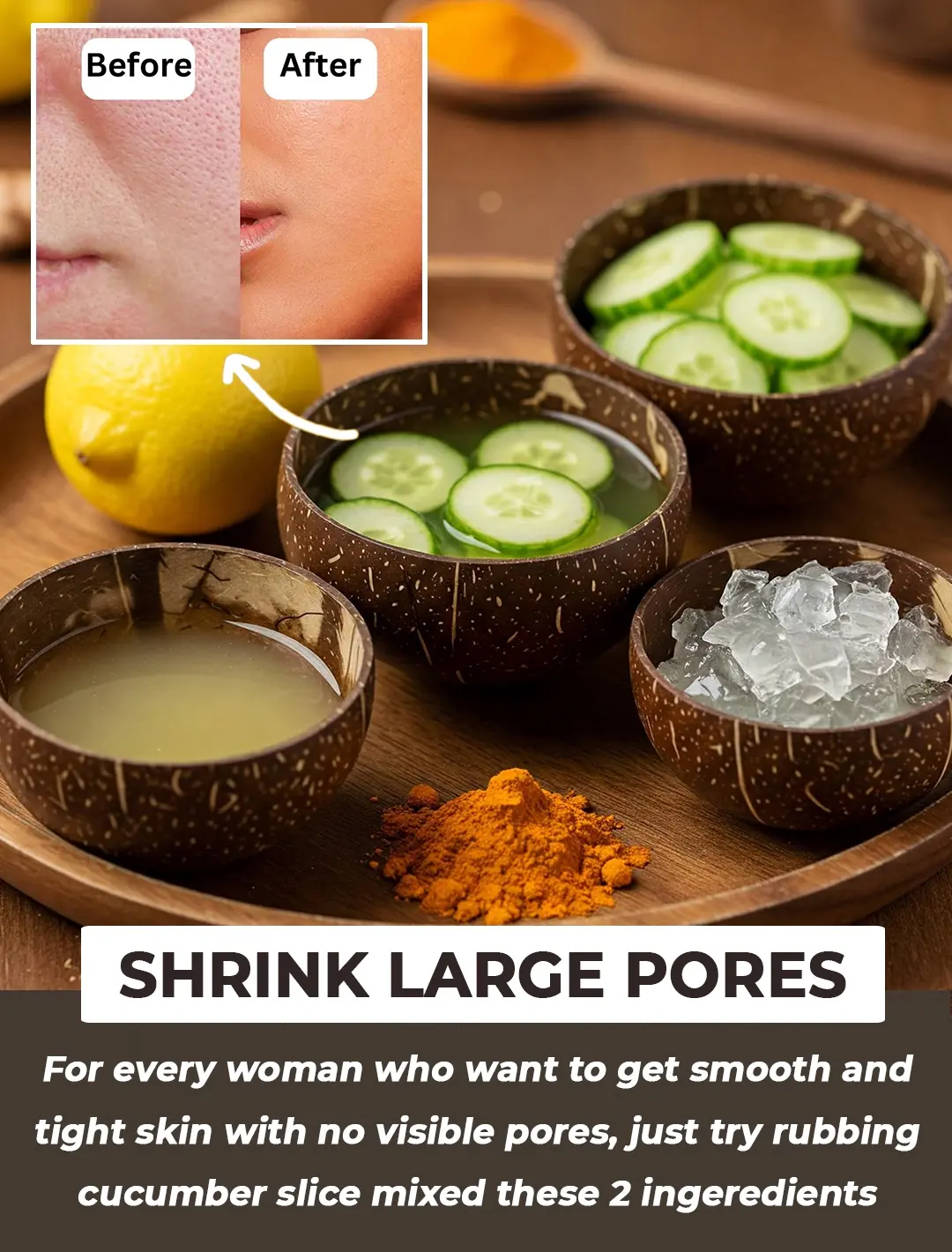
Top 5 Natural Remedies to Shrink Enlarged Pores and Achieve Smooth Skin
